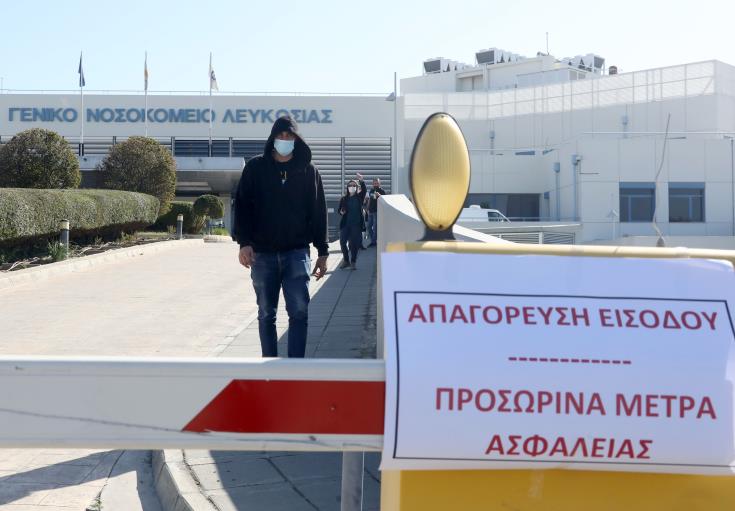While the fledgling national health system (GHS) in Cyprus is a welcome development and very popular, every Cypriot seems to imagine the modest patient contribution they are required to make somehow pays for it all.
They are unaware of the likely true operational cost of consultations, treatments, and medications, and, secondly, the overall expense of the GHS payroll, pensions, and on-costs.
And thirdly, the overall capital cost of building and refurbishing hospitals and clinics, buying, installing, and maintaining specialist equipment, and more.
Let’s not fool ourselves.
The vast bulk of GHS health care funds will come from taxation.
Sooner or later, like every other country, Cyprus will have to face up to the ‘how to pay for it all?’ question as public expectations, demands, and costs rise.
When confronted with this harsh reality, some Cypriots (including politicians and presidential election candidates) often respond with ‘funds will be found’, ‘God will find a way’, and similar fantasies.
No one can have ‘The answer’ for the GHS dilemma, but we’re pretty sure that when (not if) it becomes critical, there will be tears before bedtime.
With the current talk of improvements and reform of the GHS and its provision, including a much greater emphasis on private sector outsourcing, concerns abound, similar to worries expressed about Britain’s NHS.
There is no doubt that private profit could come at the expense of patient health care, with a recent study published in The Lancet suggesting that in the past decade in the UK, “private sector outsourcing corresponded with significantly increased rates of treatable mortality, potentially as a result of a decline in the quality of healthcare services.”
Increasing corporate ownership of GP services could be made to work satisfactorily for patient care, but that would require new stringent criteria and robust monitoring, control and transparency arrangements that are currently missing.
While legal difficulties in imposing such controls exist, these must be overcome to prevent abuses that favour private contractors while harming patient healthcare, personal finances, taxpayers, and public trust and confidence in government.
In healthcare, the government must emphasise prevention and fairness now rather than a future corrective reaction to malpractice or malfeasance.
The GHS Costs Dilemma is currently the elephant in the room that nobody in Cyprus wants to admit exists, let alone confront.
It should become the main priority of any incoming administration after the February elections.










